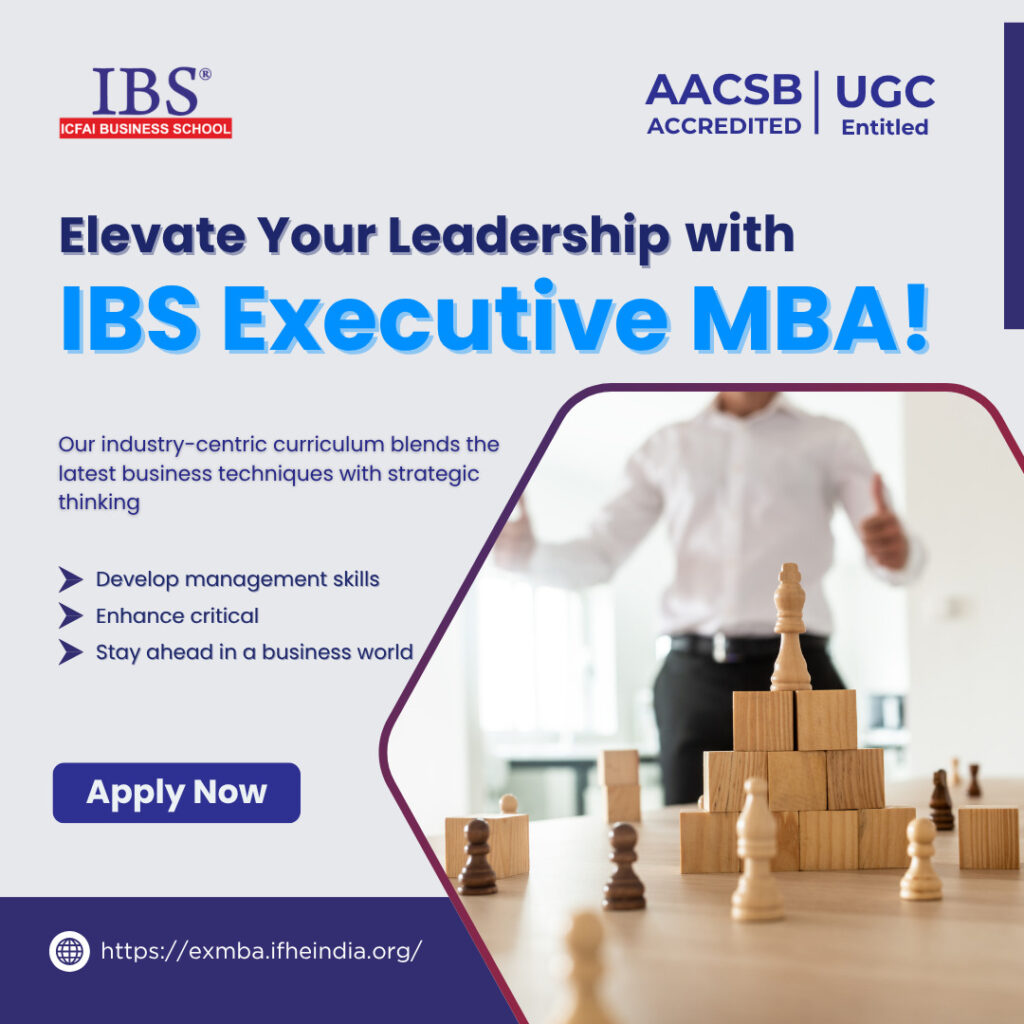80% of potential consumers prefer brands that deliver customized experiences for their purchases. Consumers today expect businesses to use solutions for instant delivery, along with solutions that predict their needs.
Marketing is evolving with hyper-personalization, using data to create tailored experiences that make each customer feel valued and unique. Hyper-personalization has evolved as a strategic approach for companies to dominate in today’s competitive business environment.
Therefore, working professionals who enroll in Management Programs such as Executive MBA/Regular MBA need to understand and grasp the concept of hyper-personalization.
What is Hyper-Personalization?
The practice of hyper-personalization extends past basic email personalization with customer names. AI together with machine learning and real-time data technology enables the creation of tailored experiences which adapt to individual behavioral data and purchase history records and current browsing activities and real-time interactions.
Today, many management programs teach students to implement advanced marketing approaches for solving practical business problems, which will help to prepare them to become leaders in data-driven environments.
Why Does Hyper-Personalization Matter?
- Customized content enables customers to experience personal pride.
- Customer conversion rates rise when companies deliver personalized offers along with suggestions to their target audience.
- Customers who appreciate this experience tend to remain loyal to the brand.
- Marketing ROI achieves its maximum potential by concentrating efforts on target customers.
Keeping with this trend, an Executive MBA program too teaches students to convert these principles into practical marketing skills which enable effective business expansion by the use of modern technologies.
How Does It Work?
- The combination of artificial intelligence and machine learning examines enormous available data to forecast user actions.
- The system adjusts its content through real-time interaction monitoring.
- This technology provides an uninterrupted experience of personalized messages that reach customers through websites, emails, Apps and social media.
Real-World Examples of Hyper-Personalization
E-Commerce: The application of AI in e-commerce identifies suitable products for customers based on their preferences.
Email Marketing: Each message gets personalized subject lines and its content makes use of recipient-specific preferences.
Streaming Platforms: Adapt Their Suggestive Content Through User-Watching Records.
Banking & Finance: Custom financial insights and budget recommendations.
These examples demonstrate how hyper-personalization works as a key concept.
The Future is Personal
The future of technology opens new possibilities for the endless development of hyper-personalization methods. Brands that embrace this technological progress will surpass customer satisfaction standards by enabling organizations to outperform their market competition.
The ICFAI Business school Executive MBA program provides aspiring business leaders with an ideal environment to develop such new and innovative skills and techniques, which will help to make students ready for leadership roles in this era of hyper –personalization.
Has the moment arrived for you to boost your professional path?
The future of business operates through the same principles as the future of marketing which is hyper-personalization. Experience career growth by taking up the ICFAI Business school Executive MBA program. The program delivers the knowledge and abilities required to adopt innovative methods and use data-driven decision-making techniques to excel in your working environment.
Conclusion:
Technological advancement gives rise to an infinite number of opportunities in hyper-personalization approaches. Companies which integrate these progressive practices into their operations will increase their customer base, thereby ultimately establishing stronger market competitiveness.
Hence, businesses need to adopt and advance or miss out and lag behind.



